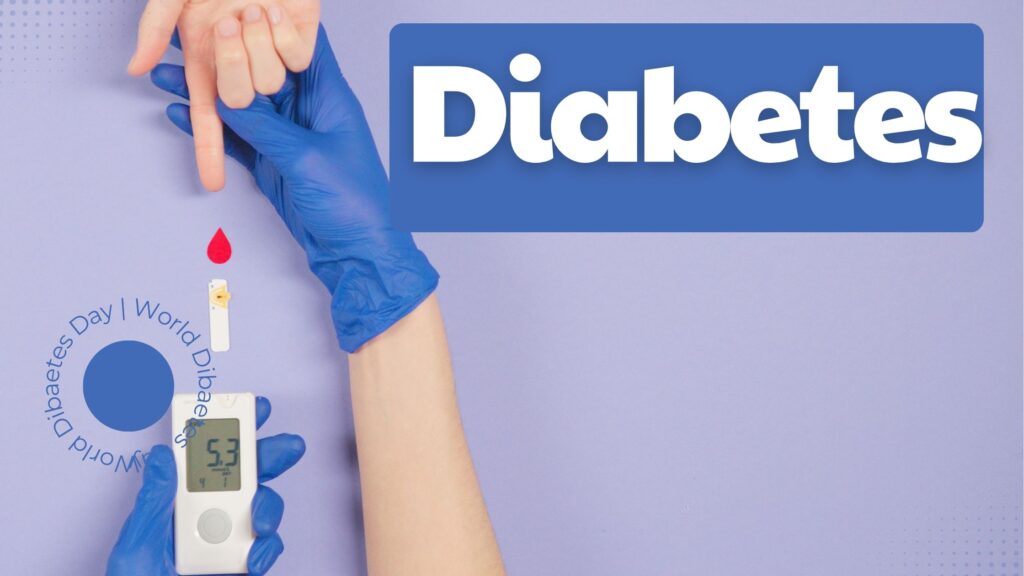Important facts of Mental health

- There are practical, affordable, and efficient ways to support, protect, and improve mental health.
- There is no denying the critical need for mental health action.
- Our well-being depends on our mental health, which has both natural and practical significance.
- A complex interaction of structural, social, and individual stresses and vulnerabilities shapes mental health.
The Concepts in mental health
It is a state of mental well-being that allows people to learn and work effectively, develop their skills, manage life’s difficulties, and give back to their communities. It is a vital component of health and wellbeing that supports our capacity to make choices, form bonds with others, and influence the world in which we live, both individually and collectively. A fundamental human right is mental health. Additionally, it is essential for socioeconomic, communal, and personal growth.
This is more than the absence of mental disease. It is experienced differently by each individual on a complex continuum, with differing levels of difficulty and discomfort as well as possibly highly disparate social and clinical results.
This disorders, psychosocial disabilities, and other mental states linked to severe distress, functional impairment, or self-harm risk are all considered mental health issues. Although it is not always or definitely the case, people with This disorders are more likely to have lower levels of mental well-being.
Factors influencing Health in the mind
Multiple individual, social and structural factors can work together throughout our lives to either strengthen or weaken our health and change where we fall on the mental health continuum.
Individual psychological and biological characteristics, such as heredity, substance abuse, and emotional intelligence, can increase a person’s susceptibility to mental health issues.
Exposure to unfavourable social, economic, geopolitical and environmental circumstances – including poverty, violence, inequality and environmental deprivation – also increases people’s risk of experiencing mental health conditions.
Although risks can appear at any point in life, they are especially harmful when they arise during developmental stages, particularly in early infancy. For instance, bullying is a major risk factor for health disorders, and strict parenting and physical punishment are known to harm children’s health.
In a similar vein, protective influences occur throughout our lives and help to build resilience. They include, among other things, our unique social and emotional capacities and qualities, as well as constructive social interactions, high-quality education, respectable employment, safe neighborhoods, and communal cohesion.
It risks and protective factors can be found in society at different scales. Risk is increased for people, families, and communities by local dangers. Global hazards, such as economic downturns, disease outbreaks, humanitarian crises, forced migration, and the escalating climate problem, increase the risk for entire populations.
The predictive power of each risk and protective factor is only moderate. Despite being exposed to a risk factor, the majority of people do not get a Health in the mind issue, and many people nonetheless develop a mental health condition even if they have no known risk factors. However, mental health is either strengthened or weakened by the interplay of variables of mental health.
Prevention and promotion of mental health
In order to lower risks, increase resilience, and create supportive environments for Health in the mind, promotion and preventative interventions must identify the individual, social, and structural determinants of Health in the mind. Individuals, particular groups, or entire populations may be the focus of an intervention.
The education, labor, justice, transportation, environment, housing, and welfare sectors should all be included in promotion and prevention programs since changing the determinants of Health in the mind frequently calls for action outside the purview of the health sector. The health sector may make a substantial contribution by promoting, starting, and, when necessary, supporting multisectoral collaboration and coordination as well as by integrating promotion and prevention initiatives within health services.
The Sustainable Development Goals include suicide prevention as a global goal. Early intervention, ethical media coverage, limiting access to resources, and promoting social and emotional learning in teenagers can all lead to significant advancements. One very low-cost and cost-effective strategy to lower suicide rates is the prohibition of extremely dangerous pesticides.
Another goal is promoting the Mental wellness of children and adolescents. This can be accomplished by the implementation of school-based programs, the protection and promotion of mental health by laws and policies, the provision of nurturing care by caregivers, and the enhancement of online and community environments. One of the best marketing tactics for nations of all financial levels is the implementation of social and emotional development programs in schools.
There is increasing interest in promoting and safeguarding Mental wellness at work, and this can be facilitated by organizational tactics, manager training, worker interventions, and laws and regulations.
Treatment and care for Mental wellness
- integrated Mental wellness services into primary care, usually at general hospitals, and through task-sharing with primary care clinicians who are not specialists;
- community Mental wellness services, including supported living, psychosocial rehabilitation, peer support, and community mental health centers and teams; and
- services that provide Mental wellness treatment in non-health and social service contexts, including jails, school health services, and child protection.
Countries must also discover creative ways to diversify and scale up care for commonHealth in the mind illnesses like depression and anxiety, such as through digital self-help or non-specialist psychological counseling, given the enormous care gap for these conditions.
WHO’s react
Every WHO member state is dedicated to carrying out the “Comprehensive Health in the mind action plan 2013–2030“, which seeks to enhanceHealth in the mind by bolstering efficient administration and leadership, offering all-encompassing, integrated, and responsive community-based treatment, putting promotion and preventive plans into action, and bolstering information systems, research, and evidence. In 2020, WHO’s “Mental health atlas 2020” Analysis of the nation’s performance in relation to the action plan revealed insufficient progress toward the agreed-upon action plan’s goals.
WHO’s “World Health in the mind report: transforming mental health for all” calls on all countries to accelerate implementation of the action plan. It makes the case that by concentrating on three “paths to transformation,” all nations may make significant strides toward improving the Health in the mind of their citizens:
- increase the importance that people, communities, and governments place on Health in the mind; and to match that importance with dedication, involvement, and investment from all parties involved, in all fields;
- alter the social, economic, and physical aspects of surroundings in homes, workplaces, schools, and the larger community in order to better safeguard mental health and avert mental health disorders; and
- bolster mental health services so that a community-based network of easily accessible, reasonably priced, and high-quality services and supports can address the entire range of mental health needs.
- WHO places particular emphasis on empowering individuals with lived experience, guaranteeing a multispectral and multistakeholder approach, and safeguarding and advancing human rights.
WHO is still working both domestically and abroad, including in humanitarian contexts, to give governments and partners the evidence, tools, technical assistance, and strategic leadership they need to improve mental health for everyone and fortify a collective response to mental health.

